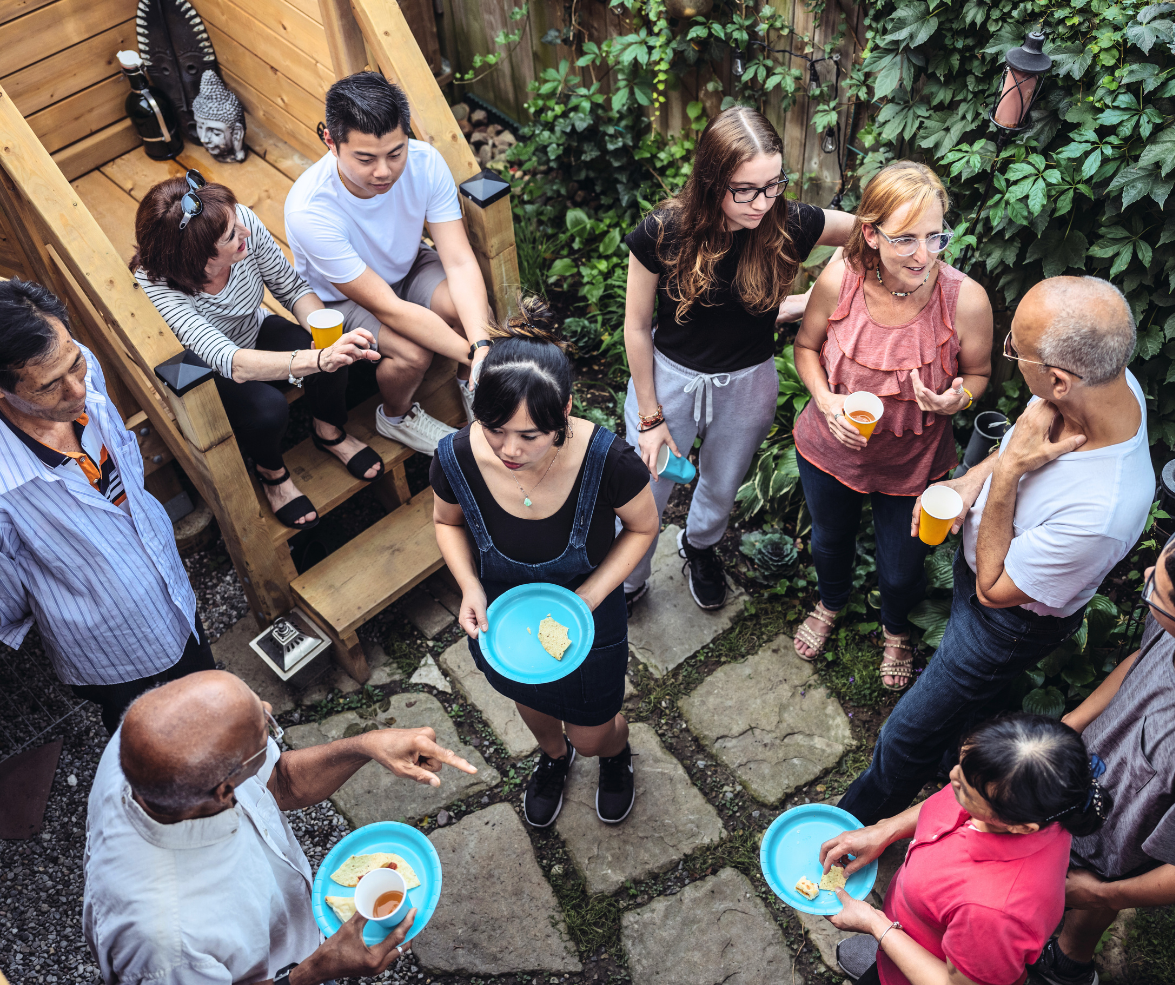The Power of Community in Suicide Prevention

Connection is one of the most powerful protective factors in suicide prevention. When we think of connection, we often think about how we as individuals connect with one another. But what does it look like when there is a community rallying to save the lives of others around them? It looks like the Suicide Prevention Coalition of Jefferson, Clear Creek, and Gilpin County.
This incredible group of individuals and organizations is dedicated to preventing suicide in our communities by removing silos and working together to create action plans to reach those most in need. While this feels like an incredible undertaking, each participant is dedicated to creating positive impacts in our communities through three key initiatives: data review and sharing, workgroups, and trainings.
Data
The work of the Coalition is people-focused, and they know this work can only be done when a full story is being told. Data provides the full picture of what is happening in our counties, what is working, and where there are opportunities. As they study the data and what it means, they recognize each number represents a person and the profound loss and pain with each death. This information is shared with honor, respect, and the hope that no one needs to feel this pain again.
At the annual Suicide Prevention Coalition Summit this past August, promising data was shared about the overall suicide rates decreasing in our counties. Powerful data from across the U.S. showed that 12 million people considered suicide and 3 million attempted suicide, but 90% of people who attempted did not die by suicide. These numbers show one important thing: recovery is possible.
Workgroups
With data giving hope, the Coalition is more dedicated than ever to continuing the work of suicide prevention. These numbers mean something is working, and it’s their calling to keep moving forward and saving lives. This is done by being present for all people in our communities and meeting them where they are at. Workgroups led by experts across the counties have specific communities they are dedicated to connecting with, using the data as a driver for their action plans. Workgroups include postvention, youth, economic and stability, and faith-based. Within these groups, there is specific support for marginalized and at-risk populations such as older adults, Veterans, BIPOC, and LGTBQIA+.
Trainings
As the work continues, each person and organization part of the Coalition knows training and support of its members and community is critical to saving lives. One of the goals is training people in suicide prevention skills learned in courses such as QPR, MHFA, and ASIST. Members of the Coalition also have opportunities to attend conferences for networking and learning positive ways others are connecting with their communities. There is also close work with Jefferson Center’s Zero Suicide team and their efforts to ensure all clinicians have access to suicide safety care.
A Community Here for You
The work of the Coalition is one way our communities are here for us each day. They dedicate the work to saving lives and ensuring each person knows they are not alone.
You can also be part of a community that prevents suicide and here’s how:
- Build suicide prevention practices into your current communities (i.e. church, sports leagues, work, and music groups) by intentionally connecting with each other.
- Join the Suicide Prevention Coalition. Reach out to Rebecca Mitchell, Suicide Prevention Coordinator at Jefferson Center at RebeccaMi@jcmh.org
- Encourage your workplace to have a QPR Training for all staff.
- Kiara’s Note – Blog
- Mental Health Matters – Blog
- Voices of Hope – Blog
- Humans of Jefferson Center
- Addiction & Substance Use
- Anxiety
- Child Mental Health
- Crisis and Trauma
- Depression
- Exercise
- Just The Facts
- LGBTQIA+ & Pride
- Medicaid
- Men’s Mental Health
- Parenting
- Recovery
- Senior and Older Adult
- Socializing
- Stigma
- Stress
- Suicide Prevention
- Support & Advocacy
- Teen’s Mental Health
- Treatment Options
- Women’s Mental Health